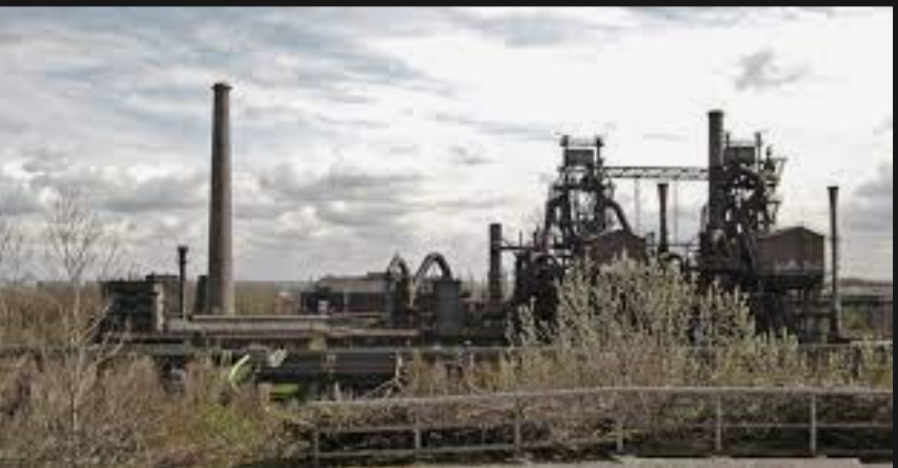The Greens' plan to deindustrialize the west proceeds apace
/Europe’s fashion industry is torn by soaring energy costs
The energy crisis that has closed steel mills and aluminum smelters across Europe is now spreading to the continent’s fashion industry.
Thousands of small factories and workshops that supply brands such as Gucci and H&Mhave watched their business models unravel amid the surge in natural-gas and electricity prices following Russia’s invasion of Ukraine and its decision to reduce the flow of gas to the continent. Energy costs for many textile makers have risen from about 5% of production costs to around 25%, slashing their profit margins, according to data from European textiles and apparel trade group Euratex.
Energy prices have risen so high, textile makers said, that utilities and other energy vendors, concerned about not getting paid, are demanding that the textile companies secure bank guarantees or come up with cash advances to cover months of expected energy bills. In Italy, Europe’s biggest textile producer, many manufacturers said they can no longer line up energy-purchasing agreements that previously insulated them from short-term price fluctuations.
Italy and some other Southern European nations have asked the European Union to adopt a cap on wholesale gas prices across all member countries, a measure Germany and the Netherlands oppose. The European Commission, the EU’s executive arm, on Tuesday published proposals seeking the power to impose an emergency cap on the price of natural gas on the bloc’s main trading exchange.
At present, the pain is striking up and down the supply chain, from spinners and weavers who consume lots of electricity to transform bales of wool into yarn to fabric dyers who use gas-powered water tanks and industrial-size dryers.
It is difficult for fabric makers to simply pass on those higher costs to buyers. Many are obligated to deliver goods at prices agreed upon months earlier. And higher prices would likely prompt many fashion companies and retailers to shift their business to outside of Europe, where energy prices can be lower. Hanging in the balance are the textile-manufacturing industry’s 1.3 million jobs across the EU.
… The steady supply of inexpensive Russian gas allowed manufacturers across Europe to thrive for decades, even while overseas competition increased. Europe’s share of global textile exports has declined over the past 20 years, while China’s has quadrupled to more than 40% as of 2020, more than double the EU’s 2020 share, according to the most recent World Trade Organization data.
Other stories I’ve previously posted on this campaign include Belgium shutting down one of its four nuclear reactors at the beginning of the month in compliance with a law passed by its citizens; a loss of one-quarter of its electrical capacity; and the Netherlands shutting down major gas field (related? The Netherlands starts serving mealworms in schools as a sustainable meat substitute to meet WEF’s sustainability objectives)
Will the citizens of the western world revolt when they finally realize they’ve been duped? They may try, but I’m guessing that, by the time they wake up, the damage will be permanent. I’ve posted before about what Americans, at least they’re signing up for, and here’s another poll on the subject from 2018: the chumps.
To combat climate change, 57 percent of Americans are willing to pay a $1 monthly fee; 23 percent are willing to pay a monthly fee of $40.
Hahahahaha

